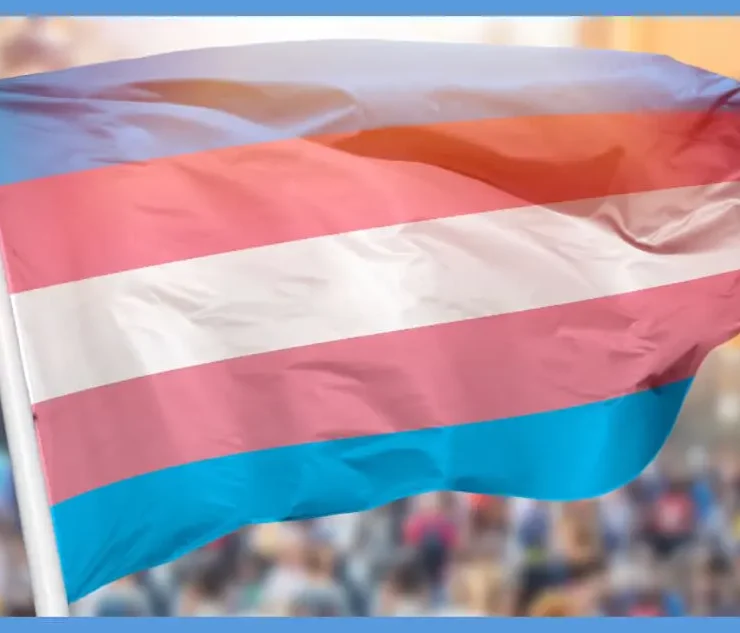Survey Explores Trans, Nonbinary Experience in Workplace

Keegan (they/them) is a journalist/artist based in Los Angeles.
If it isn’t already clear from the myriad anti-trans legislation popping up in states around the country, nonbinary and trans people often have a different experience traversing the world than their cis counterparts, and a new survey dives into some of those specifics, notably within the workplace.
The survey was conducted by Good Works Consulting, a human capital consulting firm, which surveyed a group of approximately 100, full-time employed people in the U.S. A majority of the participants reported that their gender is different from the one assigned to them at birth. Respondents self-identified their gender in as many categories that applied, including cisgender, transgender, gender-nonconforming, nonbinary, male, and female.
Conversations in the broader feminism movement are becoming more intersectional, and though the queer community pushing for inclusion of non-cisgender folks, one element of the survey explored how nonbinary and trans folks relate to these women-centered conversations. As Women’s History Month comes to a close, the survey found that 78.95 percent of women-aligned nonbinary and transgender workers expressed feeling left out of the month’s celebrations.
The survey also focused heavily on the treatment of trans and nonbinary people in the workplace. More than half (55.56 percent) of trans and nonbinary respondents said they did not feel included in their organization’s efforts intended to create more gender equity, and 60 percent of transgender respondents do not agree that they are paid fairly.
In addition, 57.89 percent of trans and nonbinary respondents do not agree that trans and nonbinary people are provided fair treatment compared to their cisgender peers at their organization, and 44.44 percent of transgender and nonbinary respondents do not agree that they have equal professional opportunities within their organizations.
Participants listed sexism, lack of representation, and company policies as the largest barriers to gender equity in their organizations, and some participants provided additional insight on their experience:
“Nonbinary persons in our organization are indeed given less respect, but it’s not necessarily expressed or obvious,” one participant says. “You can just tell that cis people are given preference for taking on projects, leadership roles, and the like.”
Another respondent notes, “Not realizing how much more we have to put up with on a personal level and the exhaustion of the constant misgendering at work and the responsibility to educate others because no one else has bothered to do so.”
A final comment states, “I don’t expect that the methods used by the organization to challenge discrimination can change people because there are vested interests that work against true equality.”
What's Your Reaction?
Keegan (they/them) is a journalist/artist based in Los Angeles.










